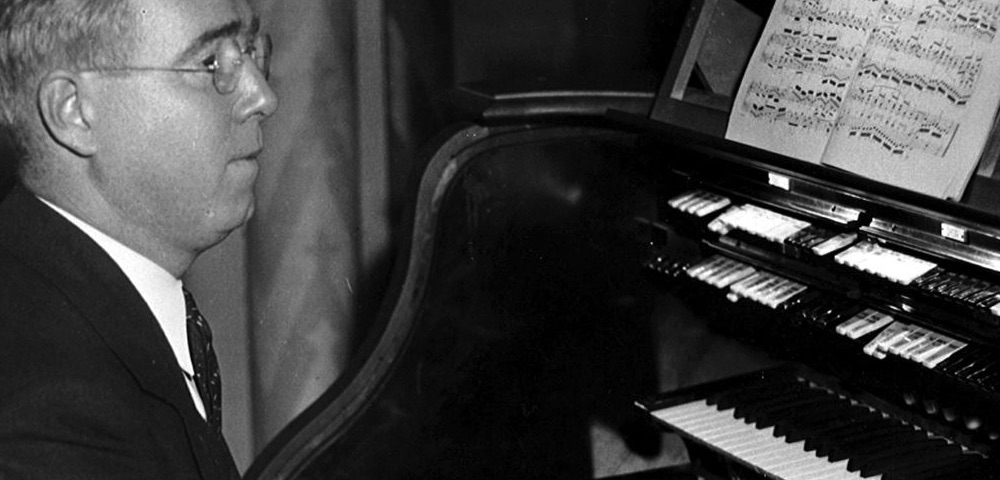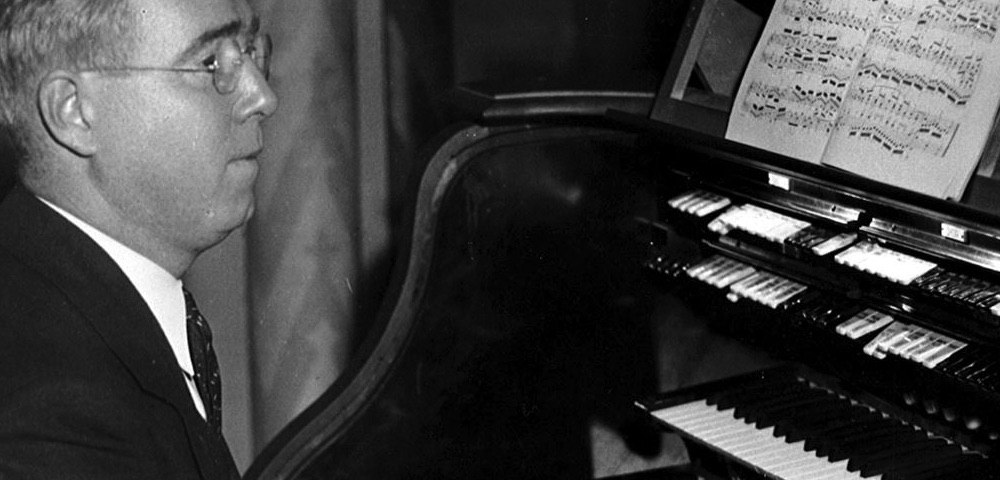In his influential book “The Rest is Noise,” Alex Ross reclaims the fate of some 20th Century composers and works that he thinks have fallen victim to a certain convenient narrative in modern music history. He warns us that “when the concept of progress assumes exaggerated importance, many works are struck from the historical record on the grounds that they have nothing new to say.” For much of the 20th-Century the academic understanding of musical modernity was seen as a constant journey towards further complication of technical language. The messy reality is that this seemingly straight and purposeful line of aesthetic “development” has been much more curvy, and Ross compellingly warns against ignoring the peaks and nadirs of these pendulum swings for the sake of textbook clarity. If Sowerby has been part of this historical collateral damage of this expediency, then his cello concerto has more so, as an outlier work from a marginalized composer. Almost a hundred years after its composition, and without the burden of having to be “new” or “advanced,” this work is finally revealed in all of its intrinsic merits. It is indeed the mature work by an American composer – which at the time could only be understood as prolonging a European idiom – that captures the boldness, naïveté and ambition proper to America's first Cello Concerto.
Dr. Pablo Mahave-Veglia
In tempore di virus, May 2020

